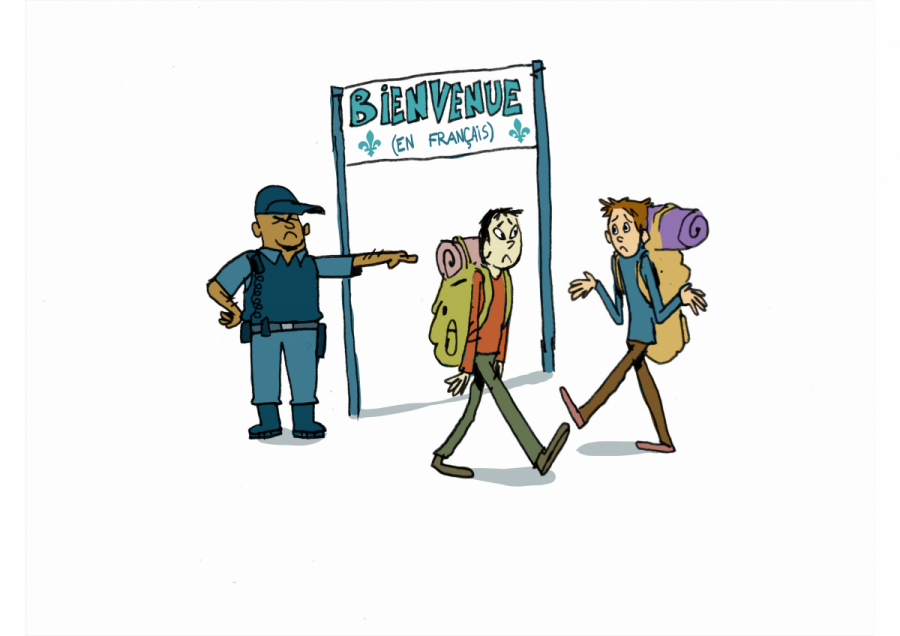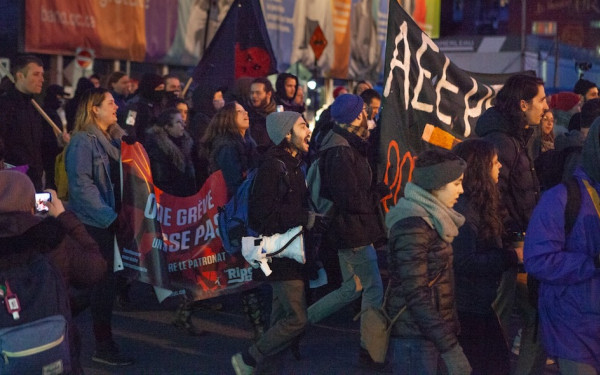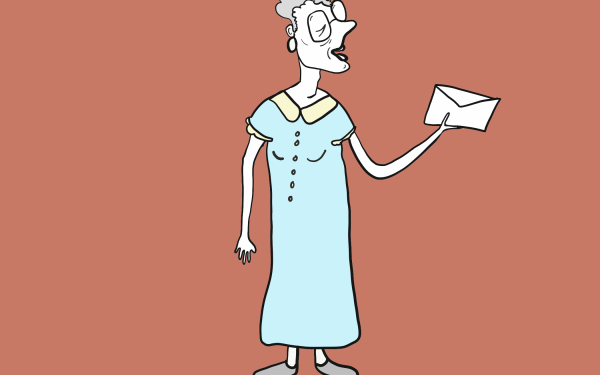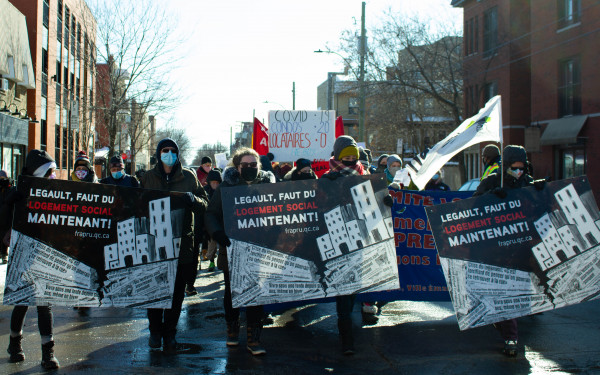Immigrant’s POV: The CAQ Win may Determine my Future
Immigrant Struggles Continue in Quebec
The results of the elections may not seem surprising to many, but for immigrants like me, and for those who haven't mastered the French language, the looming future remains daunting.
In mid-May, the Quebec government proposed Bill 96. The bill mandates French in business operations and transactions, brings changes in English CEGEPs by limiting the number of students who can attend, imposse more French classes, and coerces immigrants to learn French within the next three years.
Even after massive protests and outrage from residents across the country, on June 1, Bill 96 was passed. Since then, I have been worried about my future in the province.
After the provincial win of the Coalition Avenir Québec, a list of promises was posted online addressing what the party is planning to achieve in the next four years.
The most damaging one, of course, is regarding immigration. According to Global News, the government will cap immigrants at 50,000 per year, claiming, “the province has reached its capacity to integrate immigrants and teach them French.” If people who have newly immigrated have not learned French within the next three years, Legault has vowed to revoke their immigration certificate and report them to the federal government.
Whether that promise is kept isn’t important. What is important is the fear and pressure immigrants feel to learn a third language. Having a future in the province and not getting deported is what matters. Imagine leaving your home and coming to a country for a better future, just to be offset by a government’s refusal to be bilingual. These new rules hurt newcomers as well as students, store owners and many others.
Don’t get me wrong, I would gladly learn a third language, but being forced to do so brings a sour taste to my mouth. Nobody should be forced to do anything, especially when it affects their livelihood. Purposefully making it harder for newcomers is counter-intuitive to the idea of immigration, but more so, restricts them from adapting to Quebec society. On top of that, learning a new language isn’t easy—it takes months, even years to do, especially on a higher level. The pressure of learning is even higher when it affects your studies, work and health.
In these moments, I appreciate my voting power back home, which I unfortunately can’t exercise here. Sadly, the elections do not highlight and account for all voices. Many immigrants do not have any voting rights but are a huge part of Quebec society. They are the reason for the province's multiculturalism and diversity. The government should embrace that rather than turning its back on it, not only for their benefit but for us all.
It’s a shame that Quebec, in the next four years, will be under the control of a party that has made sarcastic and degrading comments about immigrants not working and has associated immigrants with violence and extremism. Last week, Jean Boulet, Quebec’s immigration and labor minister claimed that 80 per cent of immigrants don’t work or speak French, a statement he later retracted. Not only did this statement create a false narrative, but was completely inaccurate.
According to a study conducted by the Institut de la Statistique du Québec, every one in five jobs is held by an immigrant. Such statements push newcomers away from Quebec. It isn’t their task to preserve French or to take the brunt of the false narratives thrown their way.
Immigrants aren’t the only minority group that have been disregarded by the CAQ. Religious groups, indigenous communities, women and the LGBTQ+ community, have been marginalized through harmful policy and political rhetoric. It’s discouraging to see thousands of people protesting, voicing their opinions on social media and sharing their concerns about the future of Quebec, only to be ignored. Sadly, this is all connected to one message: “You aren’t welcome.”
If you ask me now if I will continue living in Quebec after I graduate, I won’t hesitate to tell you that I won’t. It’s devastating to see the direction in which the province is going, especially for one that claims to pride itself on being multicultural. The feeling that a governmental power has so much control over my life has had its toll on me both physically and mentally. So, where the future leads me, I don’t know, but I highly doubt it would be in Quebec.
This article originally appeared in Volume 43, Issue 4, published October 12, 2022.







